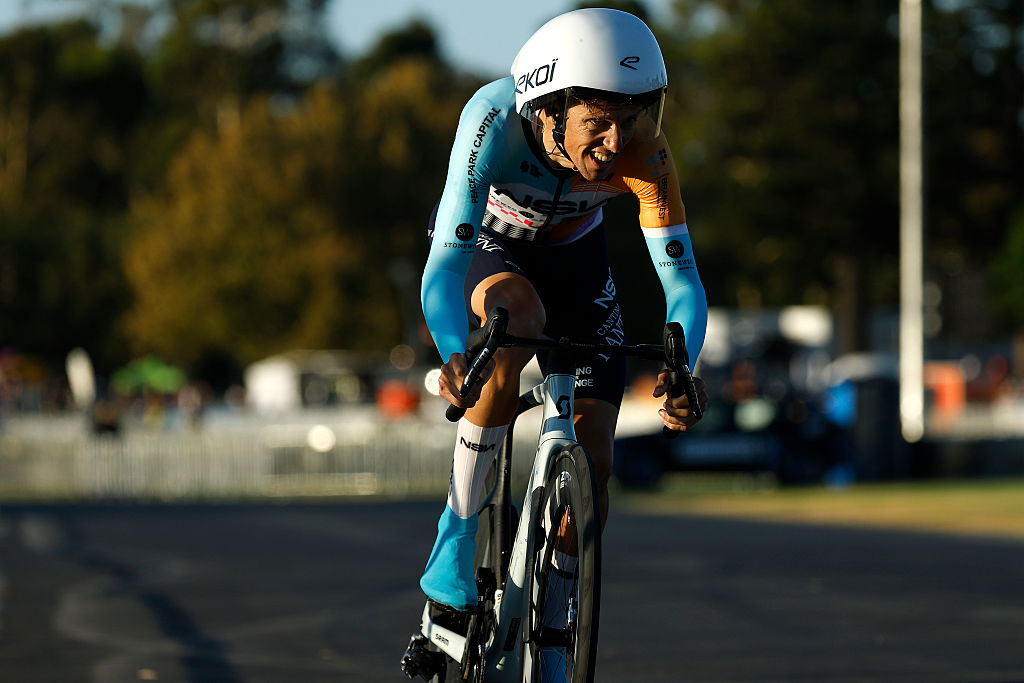Cavendish's Tour de France start still hangs in the balance
Dimension Data team put Manxman's long-term health first
The latest race content, interviews, features, reviews and expert buying guides, direct to your inbox!
You are now subscribed
Your newsletter sign-up was successful
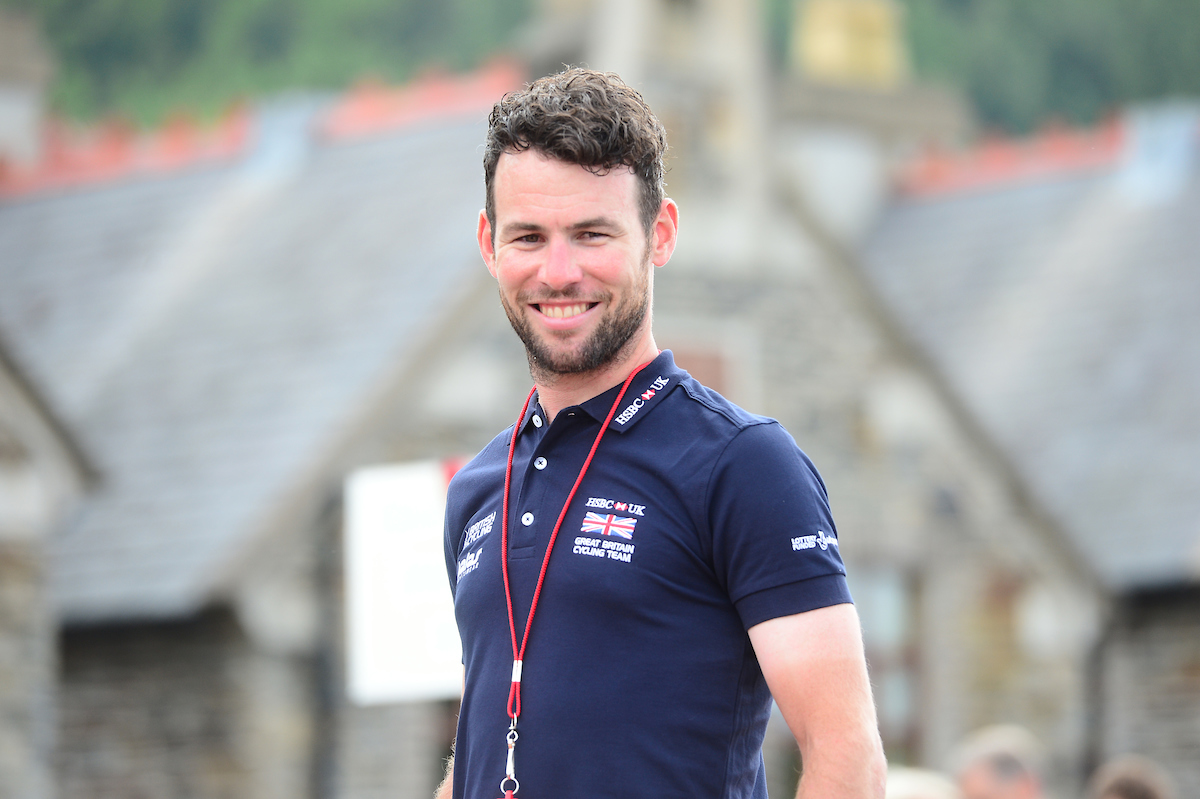
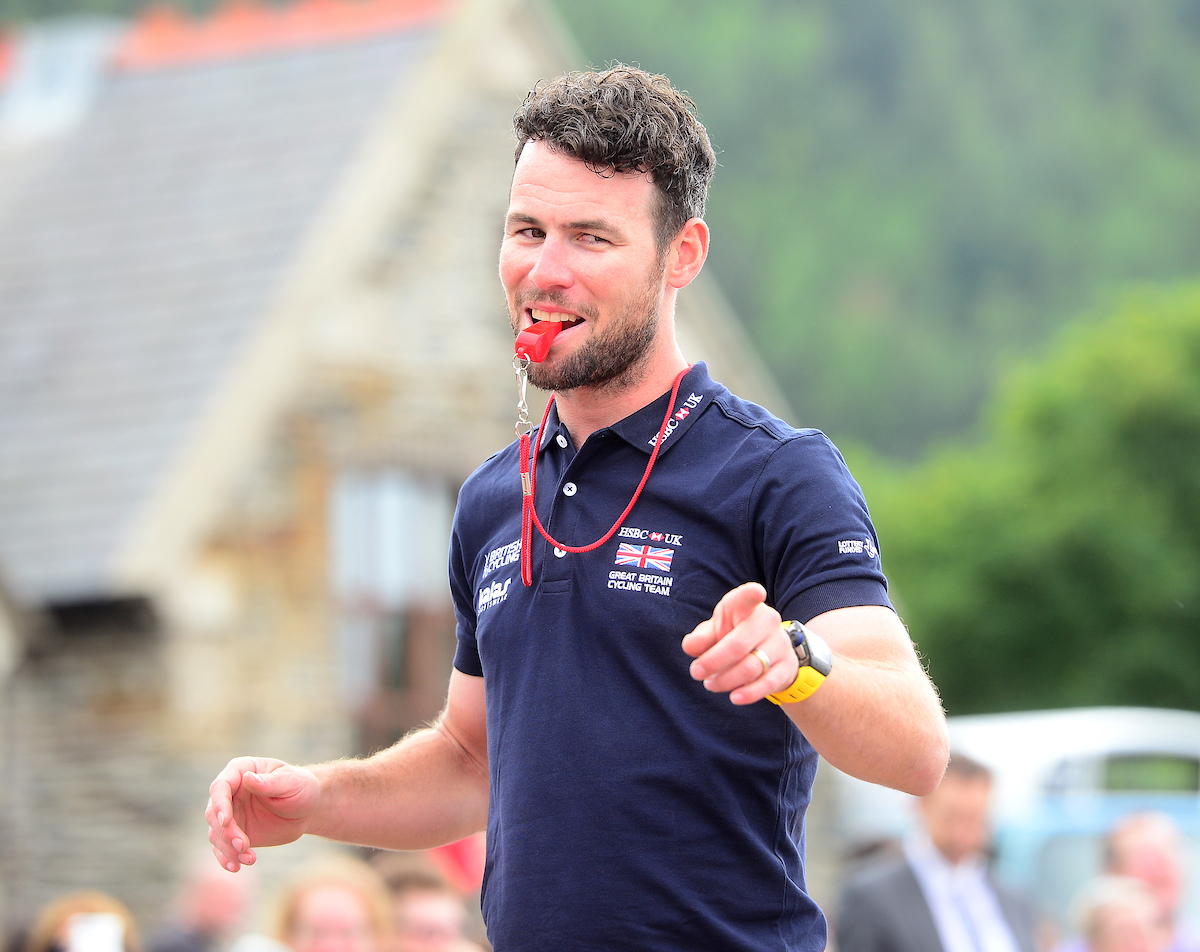
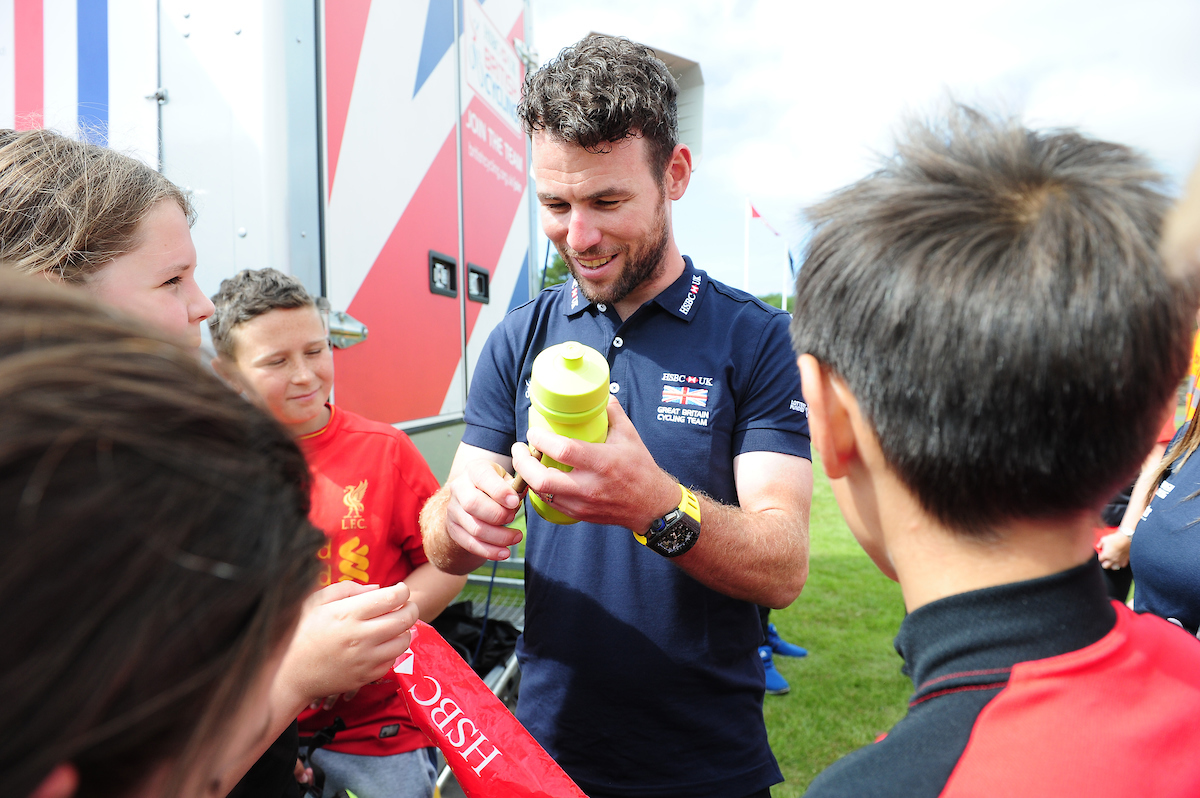
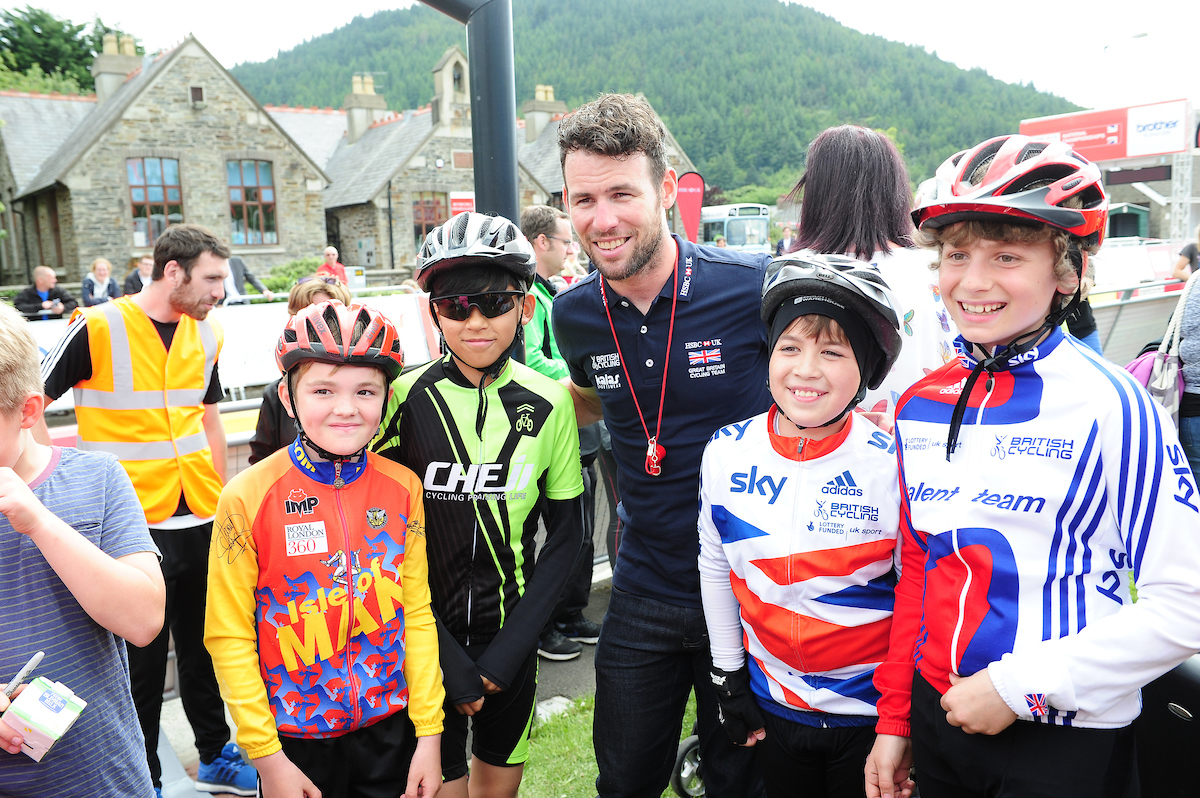
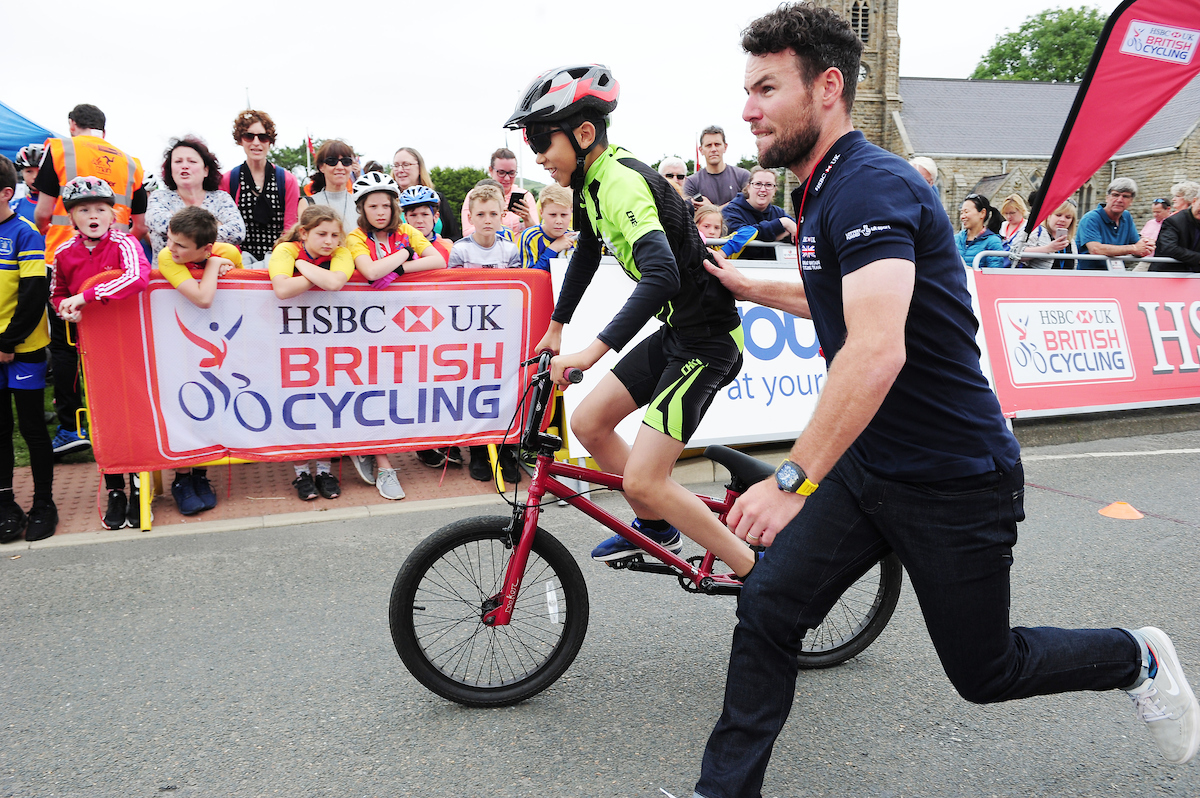
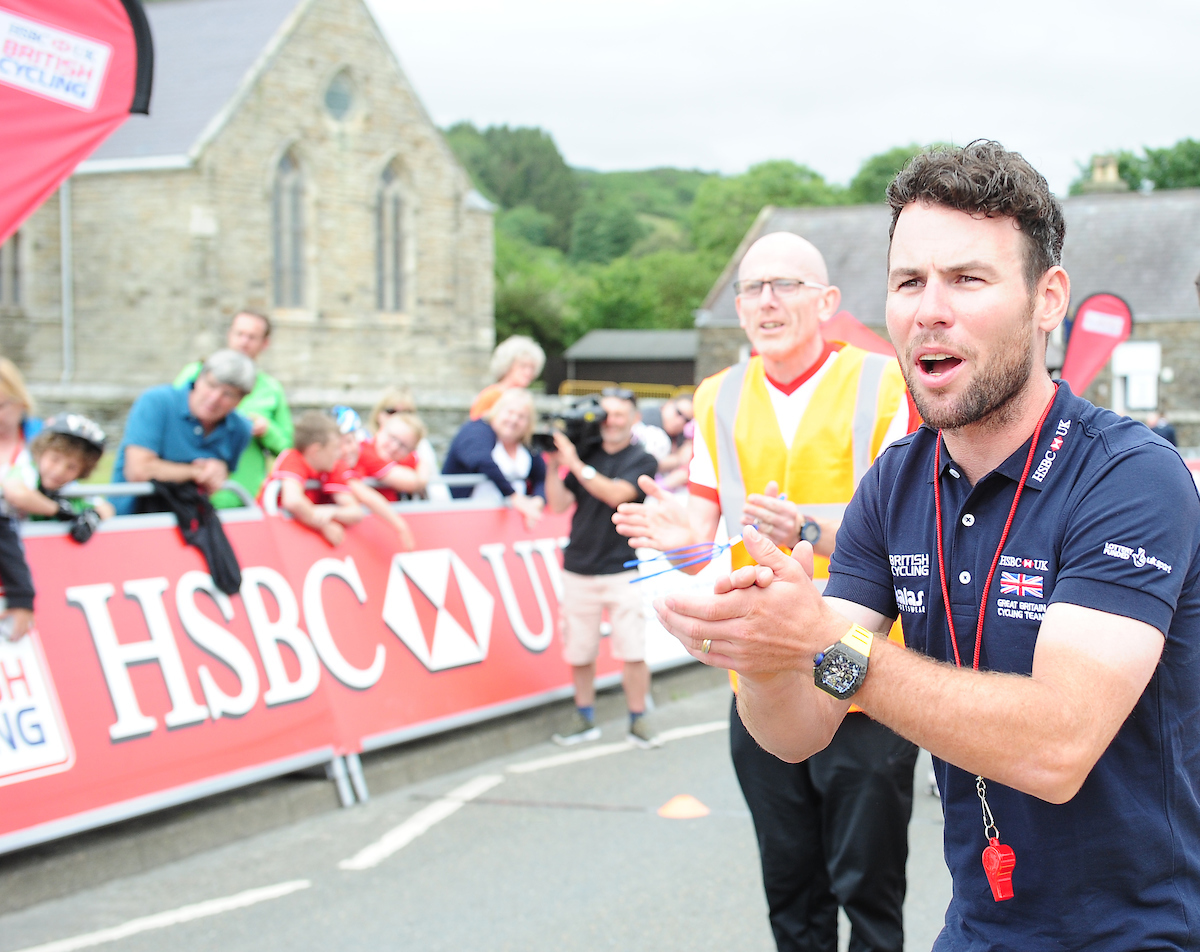
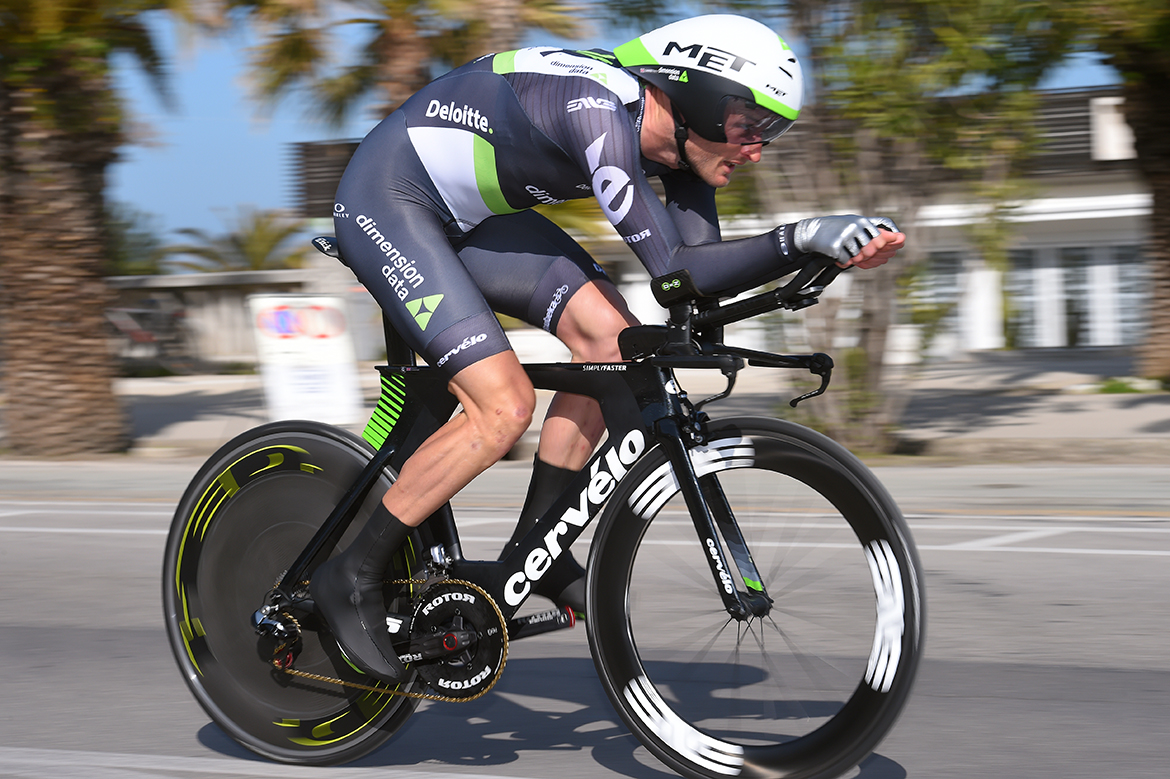
Mark Cavendish’s chances of making the start of the Tour de France are looking higher as each day passes but his Dimension Data team is not taking anything for granted and there is not yet a confirmation that he will head to Dusseldorf next week for the Tour de France Grand Depart.
Cavendish missed almost three months of the season after picking up an ankle injury in March and then developing glandular fever. He returned to racing at the Tour of Slovenia earlier this month, where he took second behind Sam Bennett on the final stage, and is set to race the British national championships on his native Isle of Man on Sunday. He arrived on the island on Thursday and looked in good form as he helped out with a children’s event during the time trials.
While he is currently symptom-free, the team knows that glandular fever could come back and strike him again.
“That’s the thing about it, nobody is relaxing. Nobody is saying, hey we’ve conquered this. He’s being closely monitored, and they’re keeping an eye on him,” Dimension Data directeur sportif Roger Hammond told Cyclingnews.
“Nobody, by any means, is counting their chickens yet. I just think what we’re celebrating is that he was actually able to ride the Tour of Slovenia and got through it and he finished second on a stage.”
Cavendish was diagnosed with the virus – also known as mononucleosis – back in April during a regular quarterly blood test. Since then, the team has been monitoring him with regular blood tests as he carefully controlled any light training.
The team has had experience dealing with the issue after Jaco Venter was affected in January. He was able to return to racing by mid-March, but Team Sky rider Beñat Intxausti is still struggling to make a return to racing having been diagnosed last season.
The latest race content, interviews, features, reviews and expert buying guides, direct to your inbox!
“I think it’s incredible really. Some people can suffer a whole season with glandular fever, and some people’s careers are over with it, so we have to be thankful,” said Hammond. “I think it’s an incredible performance to get back to fitness and be healthy by the Tour of Slovenia.”
While having experience in dealing with the virus, the team was still, ultimately, venturing into the unknown. For a bike rider, where pushing yourself through fatigue is often the norm and time frames are important, dealing with glandular fever can prove a tough challenge mentally.
Cavendish himself said that he didn't know if he would be back in 10 days or in a year.
“I think that’s the problem, because you’re held back by something you don’t know, and there’s no deadline,” Hammond told Cyclingnews.
“There’s no broken collarbone that you have surgery, six weeks recovery and then you’re back on your bike. With glandular fever, you have to just let it take its time. The harder you work at it, the worse you make it, and that’s the complete wrong psychology for a bike rider. If you give them a challenge, they want to work harder to overcome it. That’s why it is so frustrating.”
Cavendish's long-term health comes first
While caught early, the diagnosis of glandular fever immediately put Cavendish's Tour de France participation at risk. It still does hang in the balance with the potential for illness lingering around the corner at any time. The Tour de France is a huge race for the African team. Hammond says it would be silly to play down the importance of Cavendish in the team but added that they will not make him ride if they feel it will hurt his recovery.
“The Tour is all consuming for a bike rider, and nobody is going to beat around the bush and say that it’s not the most important race of the year,” said Hammond.
“The most important thing about this is Mark’s long-term health. We’ve had all sorts of debates about what do we do and the underlying goal. Every discussion has been about how it will affect his long-term health. That’s the most important thing. Tour or no Tour that doesn’t matter, as long as we get through this and he’s okay.”
In terms of what the team can do at the Tour de France, Hammond says they will be stage hunting once again. Who they will be doing that with and whether or not they can match the haul of last year remains to be seen.
The call on who will form the nine-man line-up is likely to be made after the various national road race championships on Sunday, although two-time stage winner Stephen Cummings, who is returned to racing after fracturing his collarbone, scapula and sternum in a crash at the Vuelta al Pais Vasco, has strengthened his chances with his first national time trial title on Thursday.
Born in Ireland to a cycling family and later moved to the Isle of Man, so there was no surprise when I got into the sport. Studied sports journalism at university before going on to do a Masters in sports broadcast. After university I spent three months interning at Eurosport, where I covered the Tour de France. In 2012 I started at Procycling Magazine, before becoming the deputy editor of Procycling Week. I then joined Cyclingnews, in December 2013.

